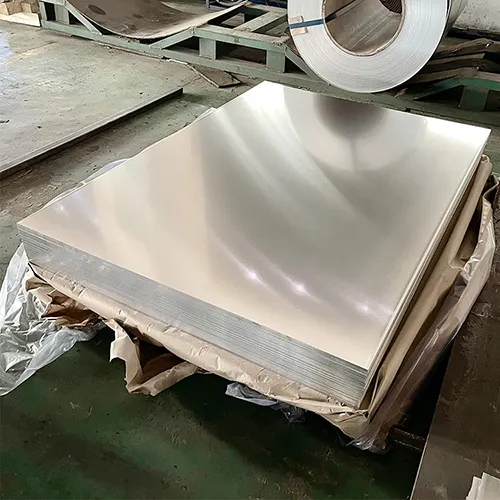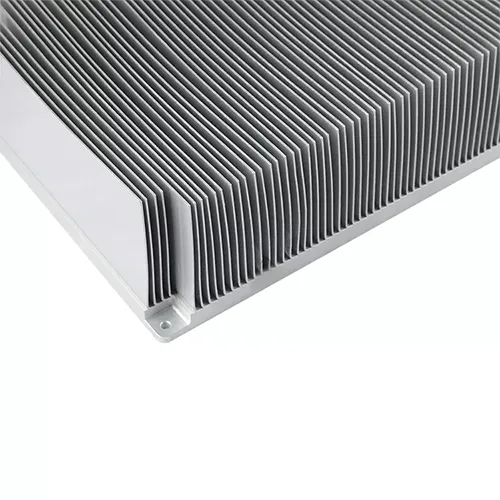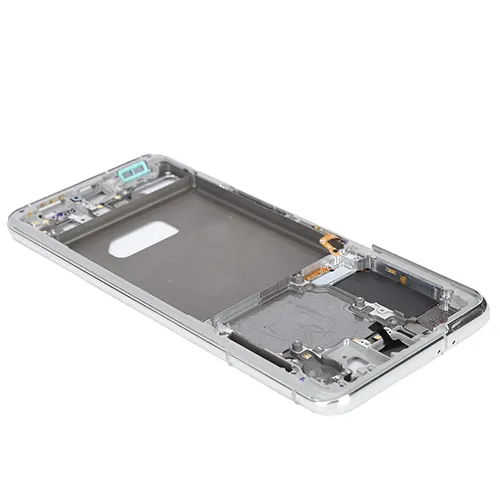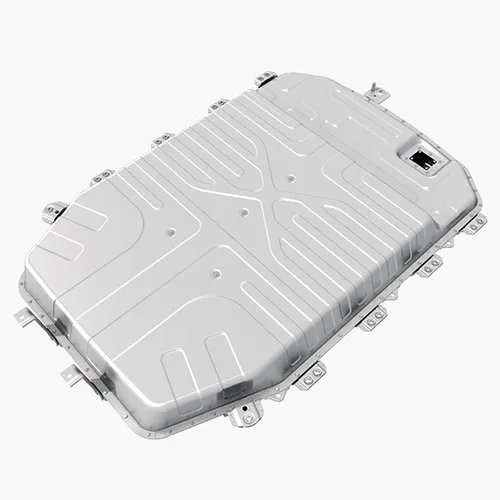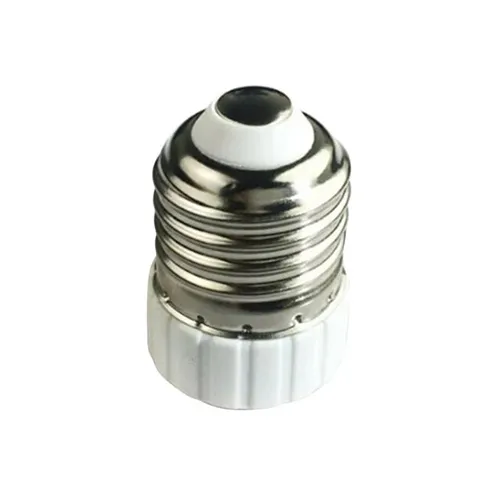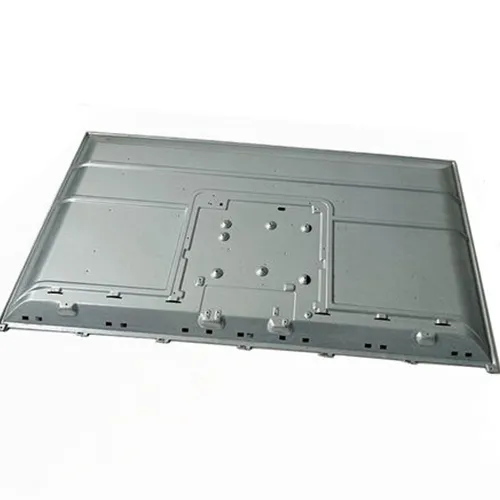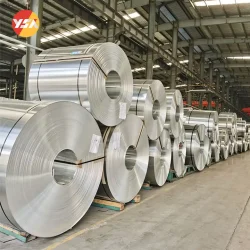Aluminum products are the most common non-ferrous metal products in daily life and are also the most widely used in industry. Among them, the fields that are closely related to our lives are electronic appliances. Aluminum is also widely used in electronic appliances, such as radiators, electrical appliance casings, frames, accessories, etc.
Why Are Aluminum Sheets Used In The Electronics Industry?
Light weight: The density of aluminum is about 1/3 of the density of steel and copper, which means it is lighter than other metals.
Corrosion resistance: Aluminum sheets show excellent corrosion resistance in most environments.
Various treatment methods: Aluminum alloy products can undergo a variety of surface treatments, such as anodizing, mechanical polishing, chemical polishing, wire drawing, sandblasting, electrophoresis, etc.
Electrical conductivity: Aluminum metal has excellent electrical conductivity, so it is often used in high-torque motors;
Thermal conductivity: Aluminum has good thermal conductivity, so it can be used to manufacture heat exchangers, evaporators, heating appliances, cooking utensils, radiators, etc.
Non-magnetic: Aluminum has no electromagnetic properties, which is also a very prominent advantage in the field of electronic and electrical applications.
What Grade of Aluminum is Used for Electrical?
In the electronics industry, various grades of aluminum are used depending on the specific application and requirements. The most common aluminum alloy used for electrical applications is the 1000 series alloy, specifically the 1050 and 1100 alloys. These alloys are known for their high electrical conductivity and purity. The 1000 series aluminum alloys contain a minimum of 99% aluminum, with trace amounts of other elements such as copper and iron. The purity of these alloys ensures efficient transmission of electrical signals while minimizing any interference or resistance. Due to their excellent electrical conductivity, 1050 and 1100 aluminum alloys are commonly used in applications like electrical conductors, bus bars, transformer windings, and capacitor foils.
What is Aluminum Used for in Electronics?
At present, the commonly used alloy grades of aluminum for electronic and electrical appliances are 1060, 3003, 5052, 6011, 6061, 6063, etc., such as mechanical accessories, car amplifier panels, power supply casings, mobile phone casings, motor casings, wire ducts, LED screen frames, lampshades, Photography accessories, etc. are all made of aluminum alloy products.
Aluminum Radiator Core
The aluminum radiator core is the core component of the aluminum radiator. Its working principle is to increase the heat exchange area between the radiator and the external environment, and quickly transfer heat to the outer surface of the radiator through thermal conductivity. When choosing aluminum sheet for heat sink , the most commonly used aluminum alloy series are 1000 series aluminum and 6000 series aluminum. For example, the common 6xxx series aluminum sheets show high cutting performance and plasticity. The main ones are 6060, 6061, 6063 aluminum alloys, etc. High strength and excellent thermal conductivity, suitable for manufacturing high-performance aluminum heat sinks. Pure aluminum 1xxx series aluminum alloy has excellent heat dissipation and heating effects. It is mainly used in environments with high thermal conductivity such as hospitals, nursing homes and other places where there is a greater demand for warmth.
Electronic Product Casing
1. Aluminum Mobile Phone Middle Frame
Aluminum alloy is the most commonly used metal material for mobile phones today. Its good texture, mature technology, high yield, corrosion resistance, and low cost are the most fundamental reasons for its widespread use. In addition, it is light in weight, has good thermal conductivity, and is corrosion-resistant. It is also suitable for It undergoes a variety of processing and is regarded as a status symbol of mainstream flagship mobile phones today. The commonly used aluminum alloys for manufacturing mobile phone middle frames are 5000 series aluminum and 6000 series aluminum. The most commonly used aluminum alloy is 6061 aluminum sheet. 6061 aluminum is a structural aluminum alloy with excellent strength and processability, and can be processed by cold processing and hot processing. method for processing. It exhibits high strength, light weight and corrosion resistance, making it an ideal choice for mobile phone manufacturing middle frames.
2. Aluminum Sheet for EV Battery Case
The casing material of automobile batteries is usually 3003 aluminum alloy, which can improve the conductivity of power batteries and help reduce the weight of automobile batteries. Some new energy vehicles use battery modules as power sources, and use 5083 aluminum sheets to make car battery side panels to protect the batteries.
3. Aluminum Sheet for Lamp Holders
3004 aluminum sheet has excellent deep drawing performance, especially 3004 O aluminum sheet. This product has high plasticity in the annealed state and is often used in the production of spiral lamp holders.
Aluminum Sheet For Monitor Back Panel
The back panels of monitors such as flat panels and TVs are mostly made of aluminum alloy. The LCD backplane can use 5052 aluminum sheet, 3104 aluminum sheet, 3004 aluminum sheet, etc. The 5052 aluminum plate sheet used for display backplanes is mainly used for products with high requirements on appearance and products with good weldability. 5052 aluminum plates are also widely used in alumina plates, silos, automotive aluminum sheets, containers, trolley cases, electronic stamping parts, etc.
FAQ
Why is aluminium not used for electrical wiring?
Aluminum is already used less and less in residential wiring. Mainly because it is more susceptible to oxidation and corrosion. If not handled properly, this can result in poor electrical connections, increased resistance, and potential fire hazards. In addition, aluminum has a higher coefficient of thermal expansion than copper, so when the temperature changes, the aluminum wire will expand and contract to a greater extent, possibly causing loose connections. Aluminum is softer and less durable than copper and is easily damaged; aluminum costs more than copper.
Is aluminum still used as a conductor?
Yes! Aluminum is still widely used as a conductor in a variety of electrical applications, especially in large installations and high-voltage power transmission. Aluminum has good electrical conductivity and is lighter in weight than copper, making it more cost-effective for long-distance power transmission where material and installation costs need to be minimized. Aluminum conductors are also used in other electrical components such as overhead power lines, busbars, transformers and motor winding applications.
What is the difference between MS board and aluminum board?
MS sheets are mainly composed of carbon and iron, with small amounts of manganese, sulfur, phosphorus and other elements. Aluminum plates are mainly composed of aluminum, with other trace elements added.
Aluminum sheets are much lighter than MS board, have better corrosion resistance, and have excellent electrical conductivity. But MS boards generally exhibit higher tensile strength and cost less than aluminum sheets.

